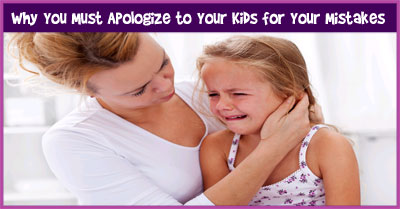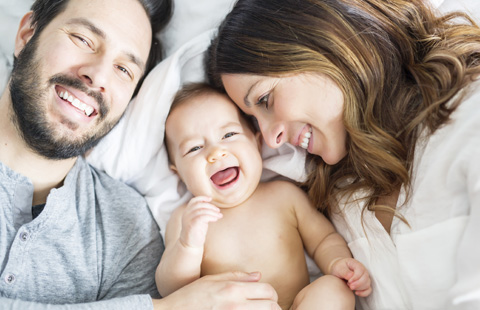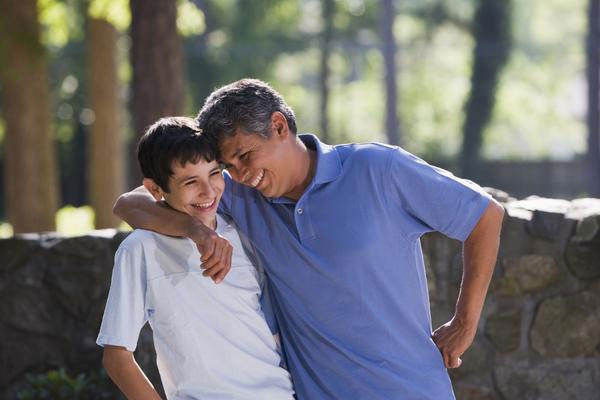
Saying sorry to kids may seem impractical for parents, but this is the best thing to do if you are in the wrong. Saying sorry for your actions earns you a mutual respect and also this helps a lot when dealing with kids. Learn more about how to say sorry to kids.Parenting is a difficult job. You might stumble and do certain things that are not right, which you realise a moment later. But when you consider saying sorry for your actions, you just do not feel like saying it. You feel that as a parent you need not be apologetic and it is the kid’s prerogative to say sorry whenever required. This is a wrong approach in dealing with and disciplining kids. As you teach the kid to say sorry and mean it, when they commit a mistake likewise you also need to say sorry to the kid, when you happen to make any mistakes. This will help you in disciplining the child better and help you bond better as wel.
Saying Sorry to Kids
Here are few things that we need to keep in mind while dealing with kids:
They Understand Apologies
We might feel that they are kids and hence, saying sorry is a mechanical thing for them and there is nothing much to look into it. While it is true in most cases that kids say sorry just as uttering any other word, but you can teach him the manner to say sorry and mean it too, through example.
The kid looks up to you as a parent, they accept your authority in their life and often feel that your actions are justified, although may not be pleasing all the time. So when you turn around and say sorry for something that you feel you have done wrong or feel that what you have done or said has hurt the kid, it will be appreciated by the kid. He will simultaneously learn to value other’s
feelings and emotions and grow up with a better understanding.
The Need to Say Sorry
Discipline is all inclusive and not a fragmented sense of justice. As mentioned earlier, you ought to say sorry when you think that you need to. The kids need to understand that whenever one is in the wrong, it must be accepted and measures taken so that it does not get repeated.
The Approach
The approach to apologising is the next vital point. Each kid has a different personality and not all should be treated in the same manner. As a parent, you are in the best position to understand the nature of your child and behave accordingly. Some kids are very sensitive emotionally. So if you feel that you need to say sorry, be prompt and earnest.
Apologising is not the same as Bribing the Child
Often parents feel that the only way of pacifying a kid and saying sorry is by giving in to his demands, or getting him the toy that he has been hankering after. This is again a wrong approach. If you are required to say sorry, it is for some wrong behaviour or action on your part. So by saying sorry, you mean that you understand and realise that it has caused pain or hurt the kid and you will refrain from repeating it further. This is an emotional activity and you should not bring it to a material level. Sorry is a feeling, you should not top it with bribes. This will hamper the discipline of the kid and he will fail to realise the essence of the apology.
No Apology is better than a Fake Apology
This is very important as many parents feel that saying sorry is just a routine courtesy that has to be followed. We need to help our kids grow as humans and not robots. Just as you will not like it if your child says sorry for some mistake without meaning it, similarly you have to understand that the child is constantly learning from you. Children are taking vital cues from your actions and if they find that you are earnest in your apology, they will behave in the same manner.
As mentioned above, there is nothing wrong in the approach to say sorry when you do something wrong or say something wrong to the kid. It surely does make you appear weak. Rather, you will slowly note that such mutual respect will help your child grow up stronger, fairer and ethical.


































